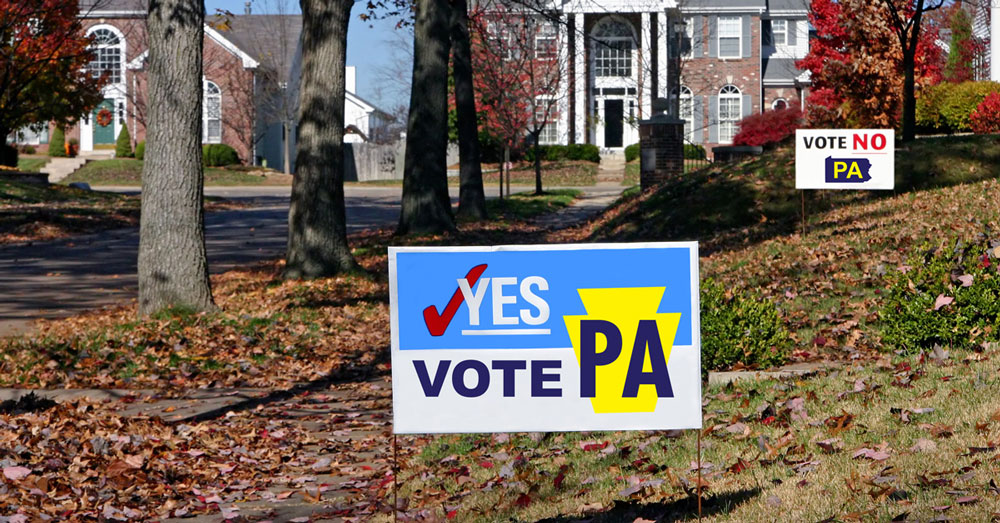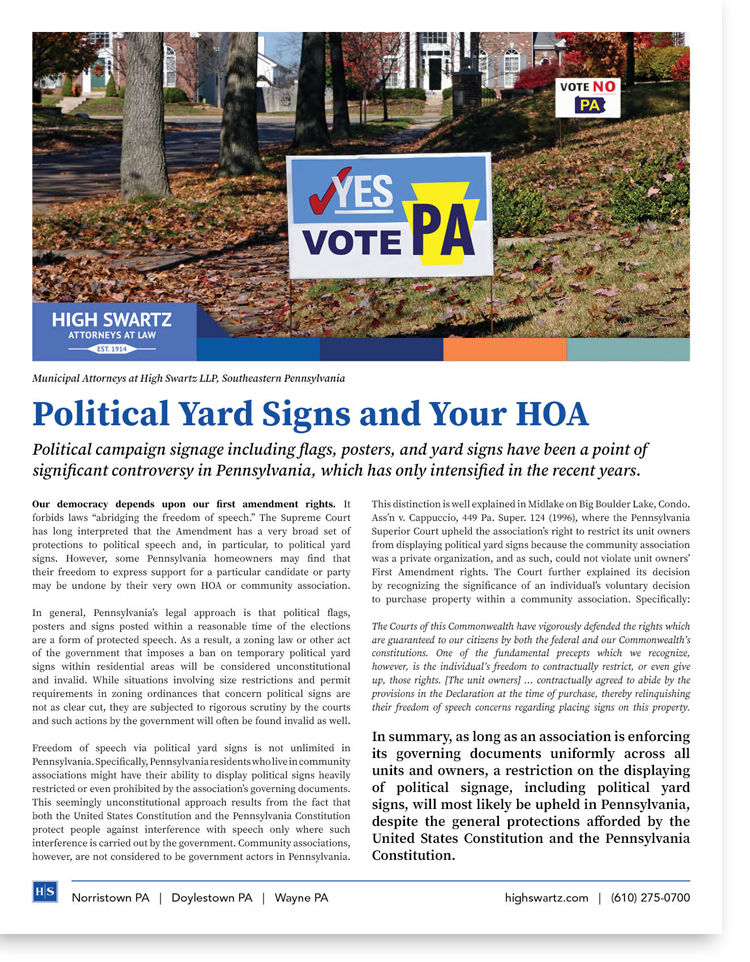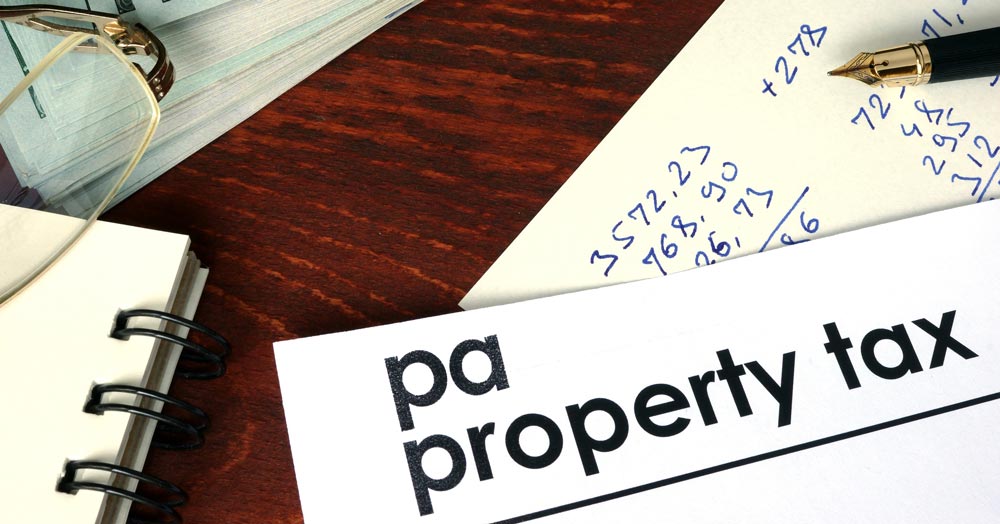A right of first refusal (ROFR) is a critical clause that can significantly impact real estate buyers and sellers. It gives a specific party, usually a tenant or an investor, the first chance to buy the property. It also excludes the seller from selling to someone else until that party decides on the purchase.
Moreover, the ROFR allows the potential buyer to match or decline an offer from a third party. Only then can the seller proceed with the other bid.
Types of First Refusals
Different variations of rights of first refusal are available. They depend on their structuring:
- Standard ROFR: The option holder has the right to match an offer presented by another interested party.
- Limited ROFR: The buyer can only exercise this right under specific conditions, such as if the offer exceeds a predetermined purchase price.
- Rolling ROFR: The right resets periodically. It allows the potential buyer repeated chances to buy the property under specific time constraints.
- Conditional ROFR: This right only triggers if certain conditions are met, such as when an owner wants to sell within a defined period. Understanding which type of ROFR best fits a situation can help ensure favorable contract terms for all parties involved.
How a Right of First Refusal Works
In real estate, a right of first refusal is a predetermined agreement. It allows a potential buyer the first opportunity to buy the property. Additionally, they can do so before the owner considers the other party's offers.
This clause allows buyers to conduct due diligence before making a final decision. However, the agreement can specify a period during which the buyer must decide. Landlords typically include the provision in a lease agreement or a separate contract. It outlines the conditions under which the option holder may exercise their right.
Pennsylvania law requires ROFR agreements to be in writing to comply with the Statute of Frauds. Additionally, Pennsylvania courts strictly enforce time limits in ROFR agreements. If a ROFR holder does not act within the stated period, they forfeit their opportunity.
The seller must also provide clear and reasonable notice of a third-party offer, including the essential terms.
Best Uses for an ROFR
You can use first refusals in various ways:
- As an incentive for lease tenants in a buyer's market
- For buyers with a contingency in a seller's market
- To prevent disputes among family members over an inheritance
- To maintain control over property transitions in commercial settings
- As a strategic tool in corporate agreements and partnerships
This first refusal clause is a valuable safeguard for tenants or investors. However, it restricts the property owner from getting offers from other buyers without consulting the option holder.
5 Considerations with a Right of Refusal
A well-structured right of refusal requires clarity to reduce the risk of contract disputes. It should outline who owns the right and how long they must act. The ROFR should also outline the conditions under which someone can sell the property.
These are some of the primary factors to include when structuring an ROFR agreement:
- Who has the ROFR: Typically, the current tenant, investor, or other individual has the right to purchase the property before the public offering.
- Time Limit: The option holder receives a pre-determined period to decide whether to purchase the property. Pennsylvania courts strictly enforce time limits on ROFRs.
- Sale Price: The contract may include a fixed purchase price or an appraisal-based valuation. It can also include a provision requiring the buyer to match an offer from an outside party.
- Breach Remedies: The ROFR should specify legal actions and remedies to protect parties if violated.
- Exceptions: Certain party offers may be exempt from the first refusal clause. For example, Pennsylvania law exempts intra-family transfers, estate planning, and foreclosure sales. Additionally, transfers due to divorce or dissolution of business partnerships may be exempt, depending on the contract terms.
Right of First Refusal vs. Right of First Option
A right of first refusal (ROFR) and a right of first offer (ROFO) serve similar purposes. However, they differ in execution.
- Right of First Refusal: A seller must present an offer to the option holder. The buyer can accept or reject it before the seller moves on to other buyers.
- Right of First Offer: The seller first talks to the potential buyer. The negotiation happens before listing the property or accepting other offers.
The key difference is that an ROFO lets the property owner start the sale and decide on the first terms. In contrast, a ROFR forces the seller to consult the designated buyer before acting on external party offers.
Is a Right of First Refusal a Good Idea?
Determining whether to include a right of first refusal in a contract depends on the goals of both the buyer and seller:
Buyers: An ROFR can be beneficial in competitive markets. It prevents the selling of a desirable to someone else. It also provides time to secure financing and conduct due diligence before committing to the purchase price.
Sellers: An ROFR can help ensure a committed potential buyer. However, it may limit the seller’s ability to accept or reject higher offers from the open market.
Some lenders in Pennsylvania hesitate to finance properties with ROFR clauses due to market uncertainty. Sellers should carefully assess whether a ROFR aligns with their long-term objectives and consult a real estate attorney to avoid unintended restrictions on future sales.
Pros and Cons of a Right of Refusal in Real Estate
It is crucial to weigh the benefits and drawbacks from both the buyer’s and seller’s perspectives before entering a right of first refusal agreement.
| Perspective | Pros | Cons |
| Buyer | Prevents bidding wars | You must be prepared to buy within the period |
| Pre-determined purchase price in some cases | May overpay if the market declines | |
| Time for due diligence and financing | Lenders may be hesitant to approve loans with an ROFR | |
| Seller | It avoids listing and marketing costs | Limited to one potential buyer |
| Predictable sale price if set in the agreement | Market appreciation may outpace the pre-agreed purchase price | |
| Simplifies transactions with family members or tenants | Lenders may restrict financing due to the refusal clause |
Can You Void a Right of Refusal Clause? While a right of first refusal clause is legally binding, buyers and sellers can exit the agreement through a number of ways:
- Negotiation & Buyout: The parties may mutually agree to terminate the ROFR in exchange for compensation.
- Time Expiration: The seller can work with other buyers if the option holder does not act in time.
- Legal Challenges: If a ROFR is deemed unfair, overly restrictive, or improperly executed, it may be challenged in court.
What Happens When a First Refusal is Violated?A seller must honor the right of first refusal. Otherwise, the option holder can take legal action. Remedies may include:
- Injunction: A court may prevent the sale from proceeding until the ROFR holder gets to exercise their right.
- Damages: If the sale occurred, the original ROFR holder may sue for financial damages equivalent to the lost opportunity.
- Forced Sale: In some jurisdictions, courts may require the new buyer to transfer ownership to the rightful ROFR holder under the original contract terms. However, Pennsylvania courts rarely enforce forced sale remedies unless explicitly stated in the contract.
Consult a Real Estate Attorney Near YouA right of first refusal is a powerful contractual tool in real estate. It offers buyers protections and strategic advantages while presenting potential restrictions for sellers.Understanding the nuances of these agreements is crucial in ensuring a favorable outcome for all parties involved. Before entering into a ROFR agreement, it is essential to seek professional legal guidance from a real estate lawyer near you.Our real estate attorneys support clients in Bucks, Delaware, and Montgomery County, PA. They can help navigate the complexities of refusal clauses, lease agreements, and purchase price negotiations.For more information, call the office nearest you:
- Doylestown Law Office: 215.345.8888
- Feasterville-Trevose Law Office: 215.354.1100
- Norristown Law Office: 610.275.0700
- Wayne Law Office: 610.975.4468










